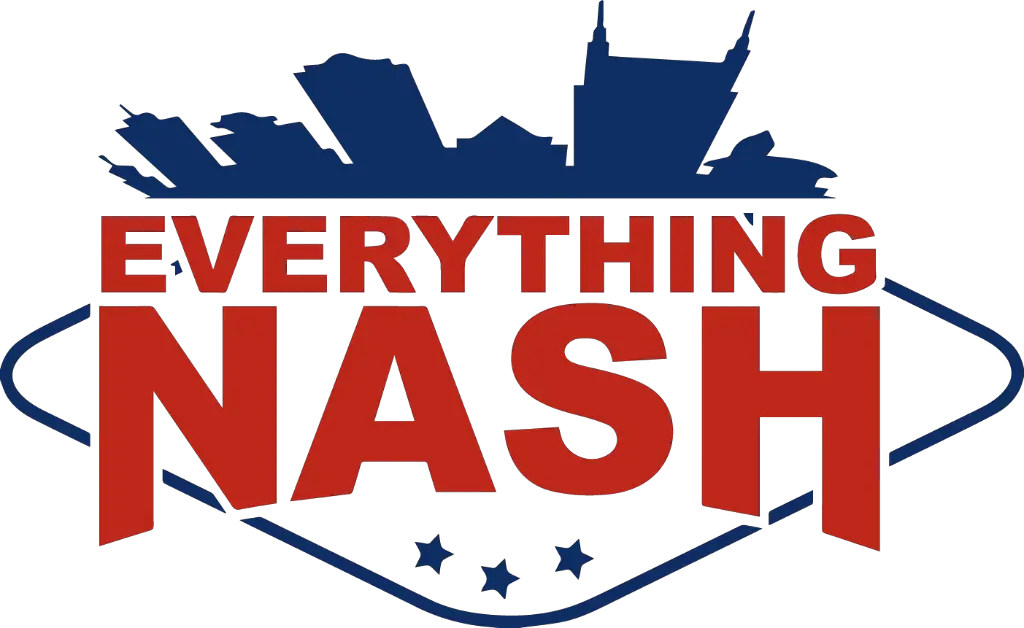
Luke Combs is speaking out after images surfaced of him, earlier in his career, using the Confederate flag. The 30-year-old, during a panel discussion with Maren Morris as part of the virtual Country Radio Seminar, said he regrets his choices now, and was unaware at the time of how hurtful that image is to the Black community.
“I apologize for being associated with that,” Combs said. “Hate is not a part of my core values, and it’s not something that I consider a part of myself at all … I’m here to say, ‘I’m trying to learn. I’m trying to get better.’ I know that I’m a very highly visible member of the country music community right now, and I want to use that position for good and to say that people can change, and people do want to change, and I’m one of those people trying.”
Combs may not have understood the origin behind the Confederate flag, but he still says there is “no excuse” for the images.
“It’s not okay,” Combs insisted. “As a younger man, that was an image that I associated to mean something else. And as I’ve grown in my time as an artist, and as the world has changed drastically in the last five to seven years, I am now aware how painful that image can be to someone else.”
Combs also spoke about Morgan Wallen’s racial slur, which made him want to use his platform to denounce his own former mistakes.
“We all know it wasn’t his first time using that word … I know that I’m a very highly visible member of the country-music community right now,” Combs said. “And I want to use that position for good, and to say that people can change and people do want to change, and I’m one of those people trying.”
While some have defended using the Confederate flag as a way to celebrate what they love about living in the South, Combs says there are other, much more appropriate, ways to honor your heritage.
“You can go plant a vegetable garden in your yard of heirloom plants that your family used to grow 200 years ago,” Combs urged. “That’s something that you can do to be proud of your Southern heritage. You can cook a meal that your grandparents made. Those are the things that I try to do now to say ‘Hey, I am proud of being from North Carolina. I am proud to be a rural guy.'”
“You don’t need the flag to be proud to be from the South,” he remarked. “It doesn’t have to be a part of that. And I think that that’s something that, unfortunately, we’re still figuring out.”
